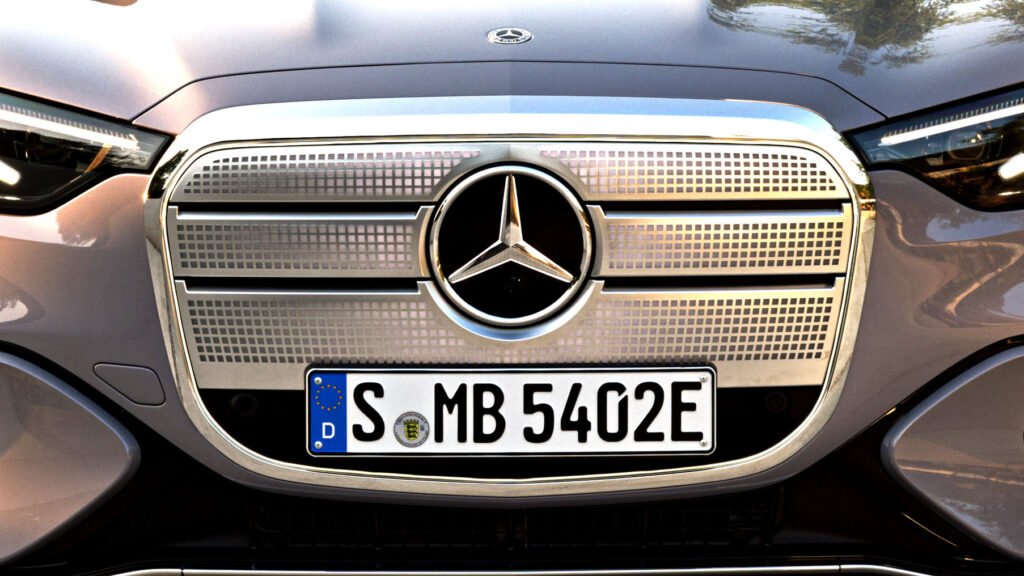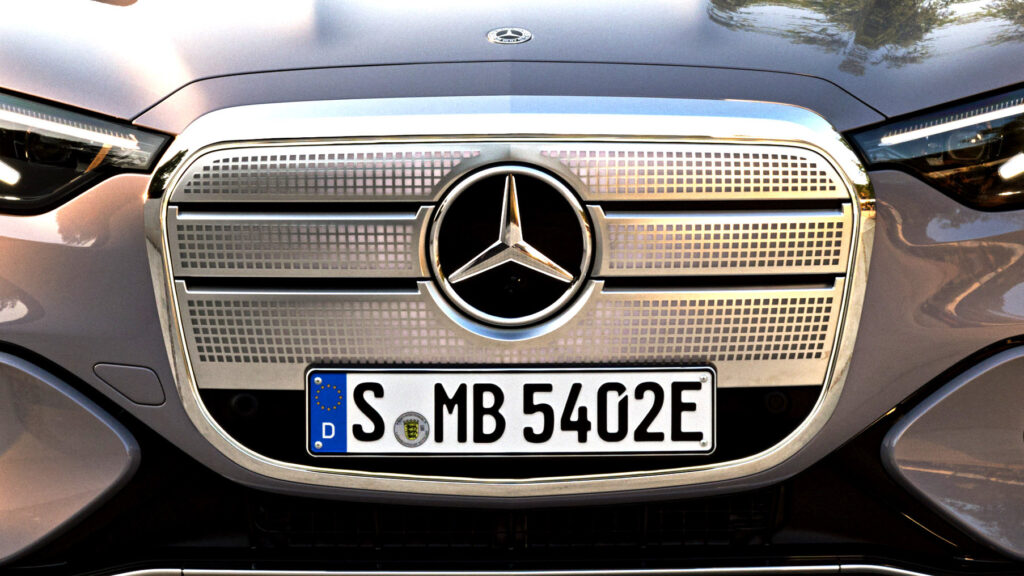

- Germany will relaunch EV incentives for low- and middle-income buyers.
- Eligible buyers can receive up to €4,000 on EVs priced under €45,000.
- The new €3 billion plan starts in 2026 and runs through the end of 2029.
In politics, few things vanish faster than inconvenient promises. Policies that once seemed carved in stone tend to crumble the moment the weather changes. The US may have stepped back from its federal EV tax credits, but in the heart of Europe’s car industry, the story is moving in the opposite direction.
Two years after Germany scrapped its incentives for electric vehicles, a move that triggered a sharp drop in demand as we widely reported, the country is preparing to bring them back. The new purchase program will take effect in January 2026.
Renewed Push For Affordability
The new scheme will be introduced at a pivotal time for the European car industry as it struggles with US-imposed import tariffs and new competition from China.
German Chancellor Friedrich Merz revealed earlier this week that €3 billion ($3.5 billion) will be allocated for zero-emission vehicle purchase incentives through 2029, targeting low- and middle-income households.
Read: Germany’s EV Sales Crash 28% In First Full Year Without Subsidies
It’s understood that the program will offer incentives worth up to €4,000 ($4,600) on the purchase of a new EV that’s priced under €45,000 ($52,600). That is a big change from the previous scheme that had a higher price limit of €65,000 ($76,000).
Importantly, plug-in hybrid vehicles will not be included in the program, although used EVs will, for the first time, be eligible, too according to German media, as reported by Autonews.

Who Qualifies
While some finer details about the program are still being ironed out, an income cap of around €45,000 ($52,600) is expected. While speaking about the new incentives, Social Democratic Party secretary-general Tim Kluessendorf said that “everyone must be able to afford the [electric] transition.”
“What is important to me in designing the subsidy program is that it must benefit the German and European automotive industry in particular,” he added. “The Ministry of the Environment will ensure that this is the case. The future is electric, and we want it to be written in Germany.”
The remark suggests the incentives could be limited to vehicles produced by European manufacturers, though no official confirmation has been made. We’ll have to wait and see if this case, but the local car industry could do with all the help it can get at the moment.
Germany’s previous EV subsidy scheme paid out roughly €10 billion ($11.7 billion) to buyers between 2016 and 2023 before being shut down due to budget constraints.






